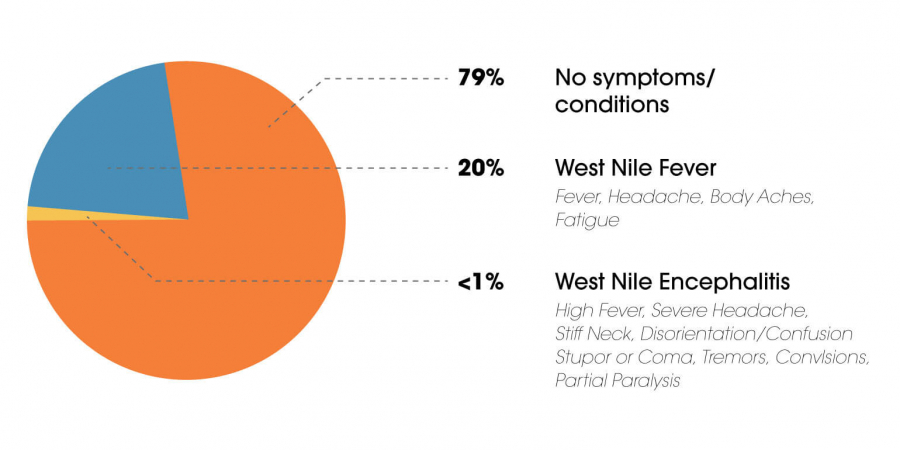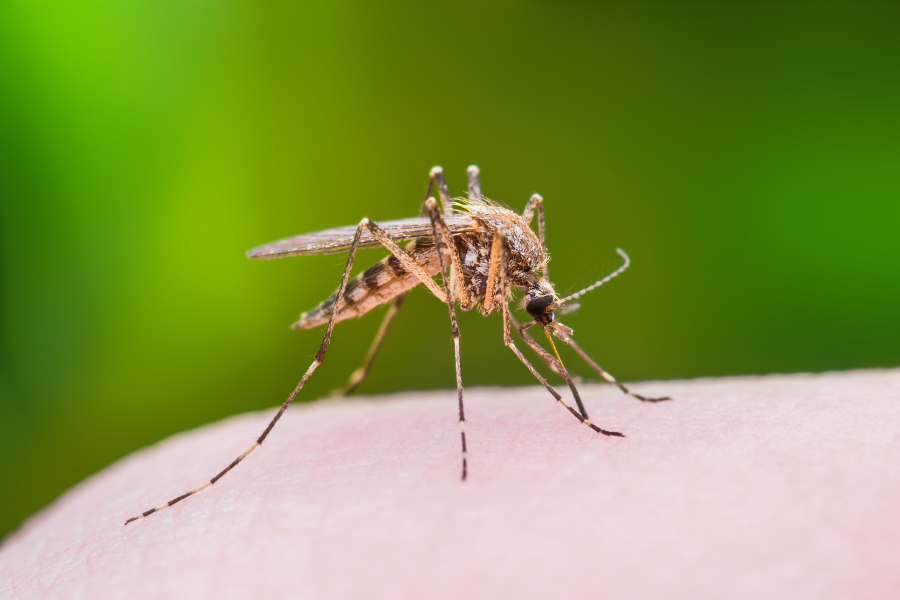Ahead of a busy summer tourist season, the Greek Foreign Office has added mosquitoes to its list of threats to tourists, as 316 people were infected with West Nile virus in 2018, including 50 Greeks who died.
According to the Centers for Disease Control and Prevention, most people infected with the virus are asymptomatic, but about 20% will experience fever and symptoms such as headache, body aches, muscle cramps, vomiting, diarrhea, or a rash. And about 1 in 150 people infected with West Nile virus will develop a more severe form of the disease.

79% of people infected with the virus are asymptomatic, while 20% experience symptoms such as fever and headache.
To prevent an outbreak even more devastating than last year, the government launched an education campaign, distributing leaflets highlighting the dangers of the disease and preventive measures.
There is no vaccine or cure for West Nile virus in humans. Preventive measures to help protect yourself from this mosquito-borne disease include:
- Use insect repellent.
- Wear long-sleeved shirts and long pants.
- Use mosquito nets when sleeping, or choose hotels with air conditioning and sunshades on the doors.

Cases of West Nile virus in 2018 were typically detected in July, August, and September.
Other countries such as Italy, Cyprus, and Serbia have also reported an increase in West Nile virus infections. Therefore, even if Greece isn't your destination this summer, you should take precautions wherever you travel.

 VI
VI EN
EN

















.jpg.jpg)













